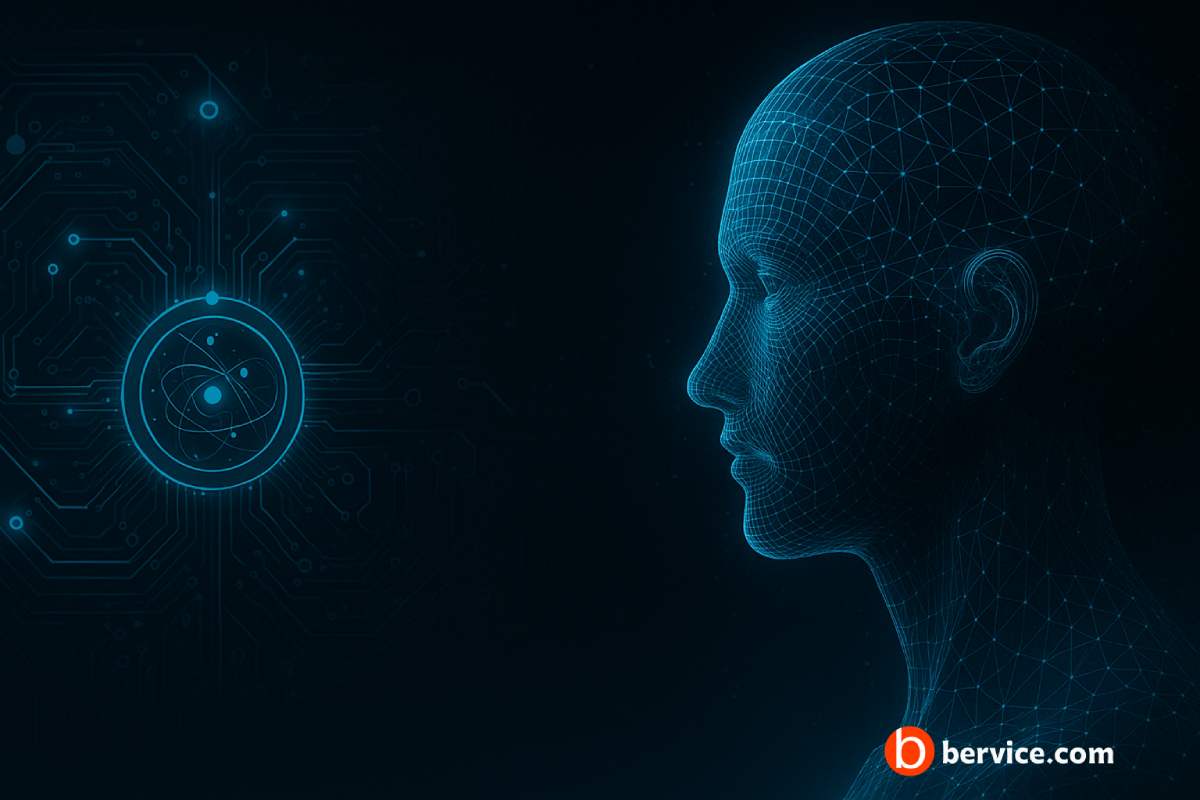
Introduction
In recent years, quantum computing has captured global attention for its potential to revolutionize industries, from cryptography to pharmaceuticals. However, one emerging and less-discussed application is its possible role in developing next-generation hard drives. Data storage technology has advanced from magnetic tapes to solid-state drives (SSDs), but the demand for ultra-high-capacity, ultra-fast, and ultra-secure storage continues to grow. The question arises: can quantum computers play a direct role in inventing or engineering these advanced storage devices?
Quantum Computing and Material Science
One of the most promising ways quantum computers could contribute to hard drive development is through quantum simulation of materials. Quantum computers can model the behavior of matter at the atomic and subatomic level with unprecedented precision. This capability could accelerate the discovery of new magnetic materials, superconductors, or novel quantum phases of matter that store data more efficiently. For example, researchers could simulate quantum spintronic materials, which use electron spin rather than charge, potentially leading to drives with far higher storage density and energy efficiency than today’s HDDs and SSDs.
Quantum-Assisted Data Encoding and Error Correction
Quantum computing principles may also inspire new data encoding and error-correction algorithms for classical storage devices. Using quantum algorithms, engineers could design error-resistant storage layers that preserve data integrity even under extreme environmental conditions or long-term archival storage. This would be critical for next-generation hard drives storing petabytes of data, especially in mission-critical sectors like space exploration, AI data centers, and genome research.
Magnetic Domain and Atomic-Level Storage Optimization
At the forefront of storage innovation is atomic-level storage, where each bit is represented by the position or spin of a single atom. Quantum computers, with their ability to simulate quantum mechanical interactions, could help researchers optimize magnetic domain arrangements and read/write mechanisms at this scale. This could enable multi-level storage states within a single atom or molecule, exponentially increasing capacity without increasing physical size.
Quantum-Inspired Manufacturing and Testing
Beyond design, quantum computers could improve the manufacturing and quality control of next-gen hard drives. By simulating atomic-scale fabrication processes, quantum systems could help identify manufacturing tolerances that maximize yield and reduce defects. Quantum algorithms could also enhance nondestructive testing methods for microscopic storage structures, ensuring higher reliability and lifespan for future storage devices.
Challenges and Practical Considerations
Despite the potential, several challenges remain. Quantum computers are still in an early stage of development, with limited qubit counts and high error rates. Their application in hard drive design would likely begin in hybrid form—where classical supercomputers handle large-scale modeling while quantum systems tackle the most computationally complex material simulations. Additionally, the transition from simulation to physical manufacturing would require advanced nanofabrication technologies that are still maturing.
Conclusion
While quantum computers may not directly “manufacture” hard drives, they hold immense potential to design, optimize, and test the materials and architectures of storage devices that could define the next era of computing. The synergy between quantum computing, material science, and storage engineering may lead to breakthroughs such as atomic-level data storage, quantum-inspired error correction, and energy-efficient ultra-dense drives. If these innovations are realized, the future of data storage could be as transformative as the leap from magnetic disks to SSDs—only this time, powered by the quantum revolution.
Connect with us : https://linktr.ee/bervice




